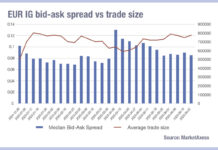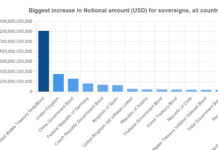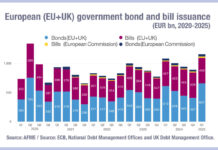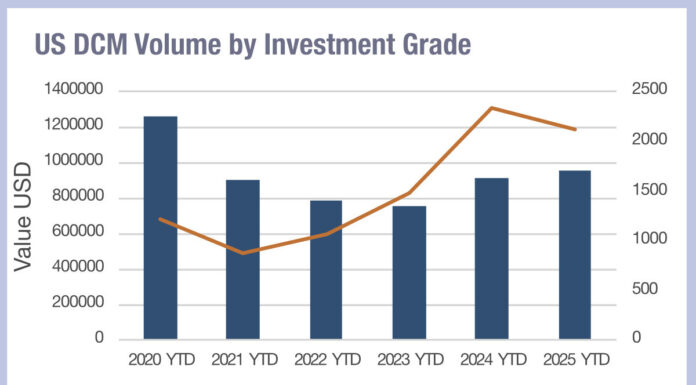Data integration, the acceleration of electronification and the incorporation of environmental, social and governance factors in fixed income were highlighted as the big issues that will hit trading desks at the first day of the Fixed Income Leaders Summit (FILS) in London on 5 October 2021.
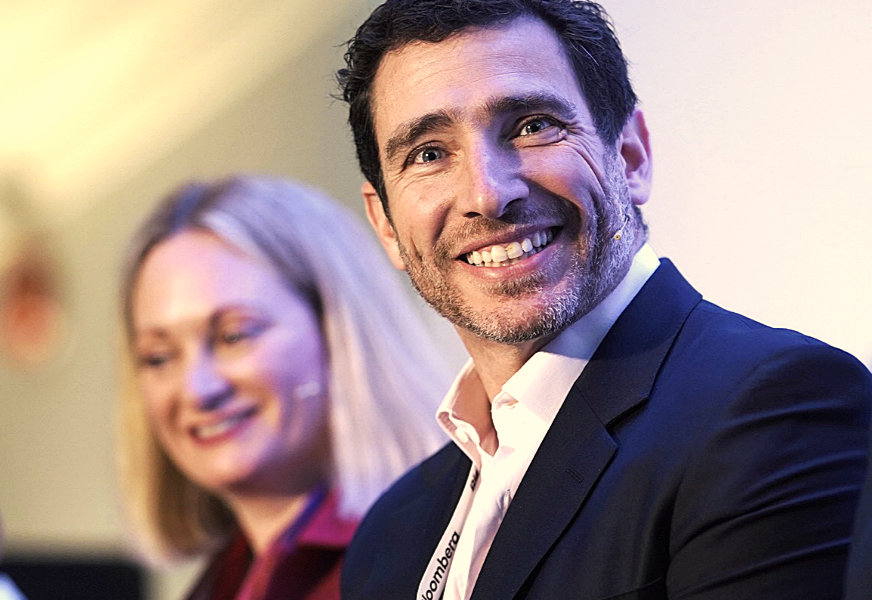
Speaking at the event, Karim Awenat, head of fixed income trading, London at Invesco said use of data had been the most significant development in the past year, as the asset manager handled higher levels of business with the same levels of resourcing, especially in moving towards semi-automatic trading for more commoditised transactions.
“We’ve had to be smarter about how we use data and sources are becoming wider and wider,” he said. “We’ve taken it on ourselves to build [systems] in-house, fill in the data sources and egg whisk them all together. Being able to analyse what sort of liquidity aspects are important to the portfolio managers before they come to the trading desk is one of the key things that we’ve been working on.”
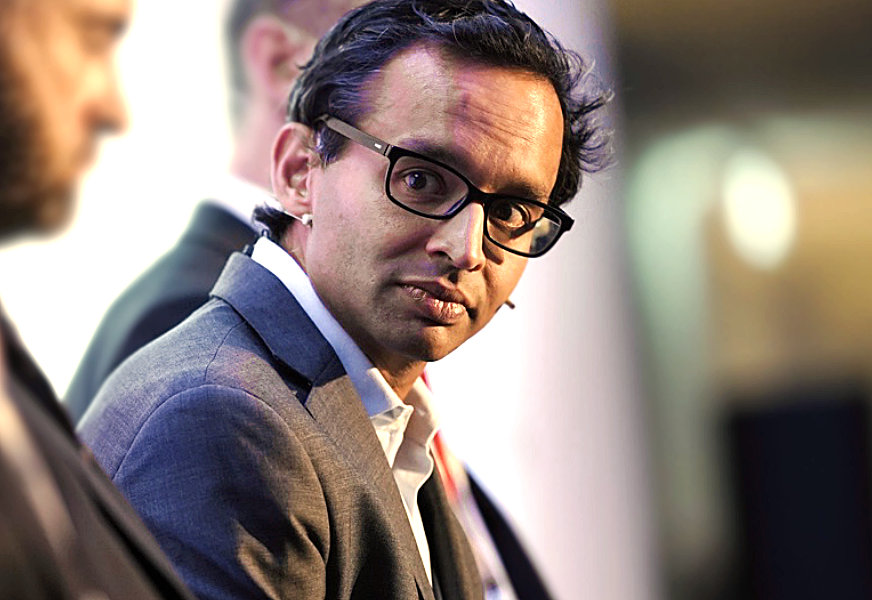
Raj Paranandi, COO, EMEA & APAC at MarketAxess, said, “I think all of us are of the view that we’re in the midst of a data revolution in the industry.”
He added this is due to a combination of cloud computing capability, AI and machine learning which allows users to be able to join together the billions of data points in the fixed income market.
“That’s giving people a lot of signalling value in terms of things like liquidity scoring, pre-trade pricing,” said Paranandi. “We’re also seeing a democratisation of that data which is going to speed innovation.”
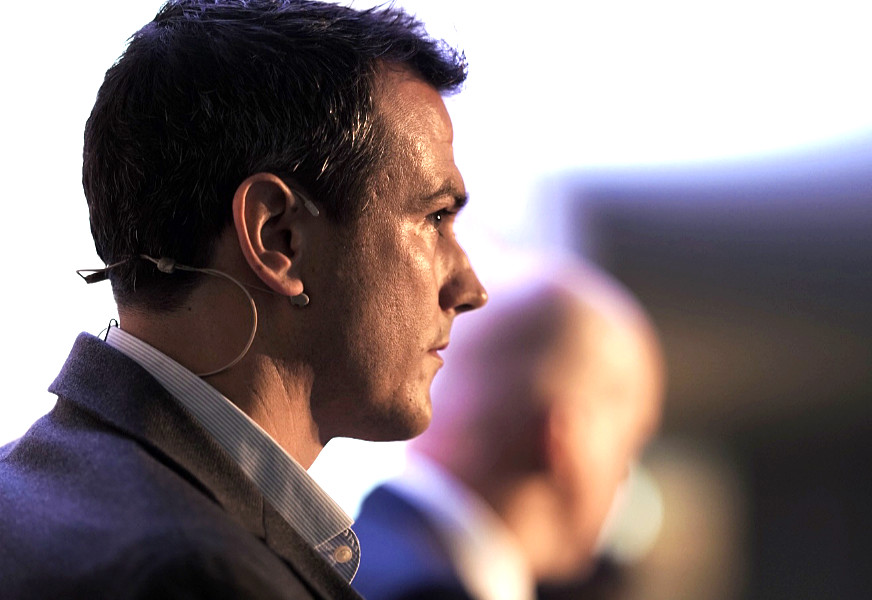
Changing trade execution
David Walker, head of fixed income dealing, EMEA at M&G Investments said on the panel that the pandemic did not derail the move to increased electronification of trading, automation and in particular, portfolio trading.
“We’ve looked at portfolio trading a lot more in the last year and banks have claimed volumes were up 50% from last year,” Walker added. “The ability to do a portfolio trade is so much easier and venues have made the process far slicker.”
Lars Salmon, head of fixed income trading, EMEA at Fidelity agreed that portfolio trading is starting to reach critical mass but observed that trading desks are under increasing scrutiny to evidence how they choose their execution method.
“You have to give evidence to auditors and regulators why you chose your method of execution, which is something that will be with dealing desks for the next year,” he said.
Jon George, head of FICC trading at Refinitiv, LSEG also noted that voice is still significant and the challenge is integrating voice data into the trading desk ecosystem.
Cathy Gibson, global head of trading at Ninety One said, “Voice is still the bigger part of my business and any way to electronify that workflow would definitely be a step in the right direction.”
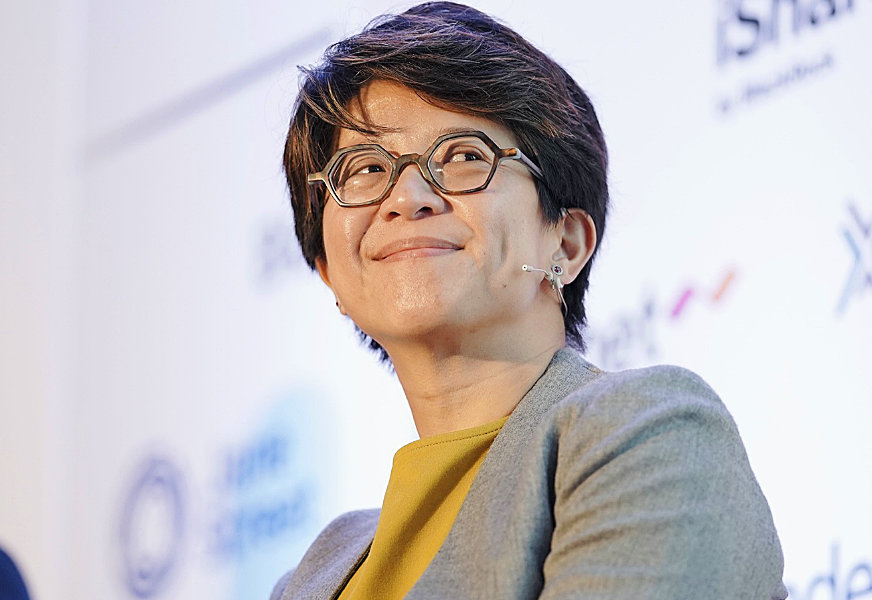
The data key to better investment
Regina Borromeo, senior portfolio manager, director of global macro FI at Robeco, highlighted the importance of sustainable investing not just over the next 12 months but the next several decades.
“My firm has a long tradition in sustainability and one of the things that is important is to have the right data and transparency, but also the right knowledge and frameworks,” she said.
She continued that as a portfolio manager she used to have a dual mandate of performance targets and risk metrics, but sustainability has been added as a third pillar. In addition, regulations such as the European Union’s Sustainable Finance Disclosure Regulation’s SFDR are taking hold of the asset management industry.
Walker continued that trading desks will be increasingly challenged by clients to provide information around their ESG footprint for trading, but data required to do this is still in its infancy, and traders require quantitative ESG data in their trading system.
“If you’ve got an RFP going to a few different asset managers, ESG on the trading desk potentially could be a sway and I foresee that being asked more in the next couple of years,“ he added.
Conference photos courtesy of Richard Hadley.
©Markets Media Europe 2025

